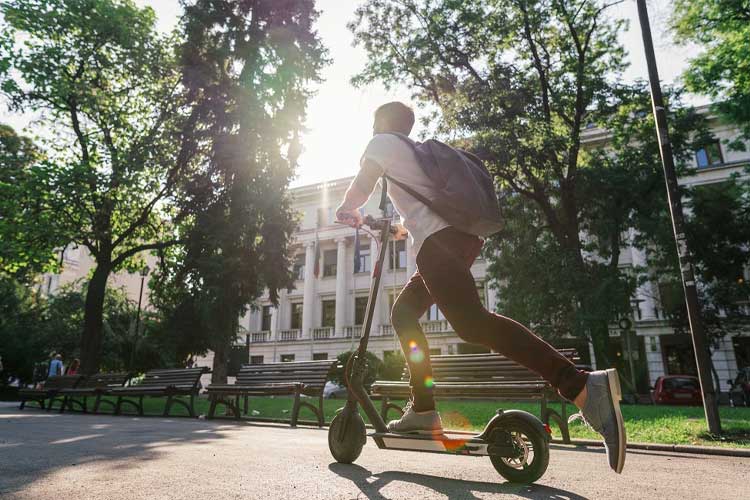

The research was undertaken by micromobility operator Neuron Mobility
March 20, 2024 | Staff Reporter | New Zealand | Community Management

Micromobility operator Neuron Mobility has revealed the results of an extensive study into e-scooter use in New Zealand, covering perceptions on safety, economic impact and rider demographics. While 36% of trips have replaced a car journey in New Zealand, improving air quality and congestion, more than half (55%) of New Zealand riders are using e-scooters to commute to work compared to only one third (33%) of trips globally being used for this purpose. A vast majority of riders surveyed (97%) believe Neuron has benefited their city and 36% of trips have replaced a car journey, improving air quality and congestion.
The research explores gender differences in e-scooter adoption, inclusivity for people with disabilities, perceptions of safety, and environmental and economic benefits.
The study titled ‘Unlocking the Potential of E-Scooters in New Zealand: Supporting Prosperity and Accessibility’ also reveals that nine out of 10 people in New Zealand believe rider and pedestrian safety is crucial when using an e-scooter and three-quarters (74%) believe that making helmets mandatory would increase their use and improve safety. Around 38% of New Zealanders were unsure as to whether helmets were required by law for e-scooter riders (they are only ‘strongly advised’ rather than legally required in New Zealand).
More than half (55%) believe rental e-scooter companies should provide helmets, 55% would like to see increased rider education, and 37% believe more incentives are needed. The study found each Neuron e-scooter contributes NZ $13,500 to the local economies per year in New Zealand. Half (52%) of all e-scooter trips resulted in a purchase from a local business, and 61% of riders spent NZ $20 or more on their most recent trip. On average, Neuron riders spend NZ $38.50 per e-scooter trip and 11% of trips would not have happened at all if the e-scooters were not available, meaning local businesses would have missed out on valuable sales.
New Zealand’s e-scooter riders comprise 60% males and 37% females, with three per cent preferring not to say. The most common age range for riders globally is 25 to 34 years old. However, a higher proportion of younger women, aged 18-34 years, are actively choosing to ride e-scooters, accounting for 70% of all female riders versus 51% of males. This percentage is 10% higher than Neuron’s global average (60%), suggesting more young women are riding e-scooters in New Zealand than any other country worldwide.
The study highlighted that six per cent of Neuron’s riders said they were disabled or had mobility impairment. Riders from these groups were also found to be more reliant on e-scooters than riders without a disability or mobility impairment, and 16% of trips would not have happened if an e-scooter was unavailable.